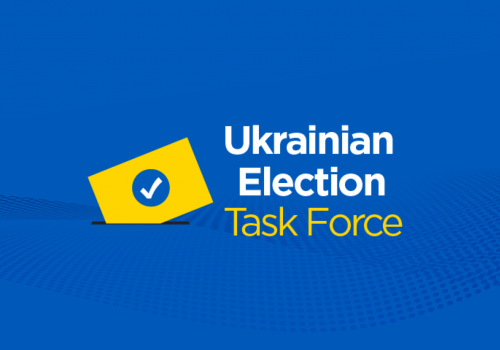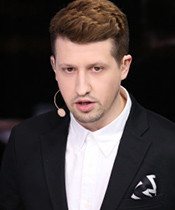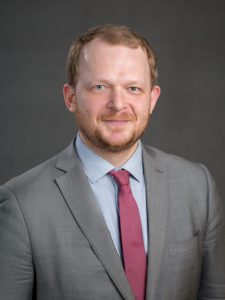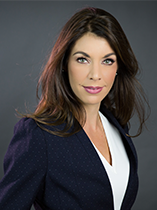On May 15, the Eurasia Center hosted a public event in Kyiv discussing the findings of the Ukrainian Election Task Force, established by the Atlantic Council, the Victor Pinchuk Foundation, the Transatlantic Commission on Election Integrity and working with Ukrainian institutions StopFake, Razumkov Centre and Detector Media to monitor foreign interference in the Ukrainian presidential election. The event included three panels focused on: foreign actors’ use of disinformation to disrupt elections and how to combat this, kinetic movements and hybrid tactics used to interference in Ukraine’s election, and cyber interference efforts in the election cycle. Speakers included David Kramer, senior fellow with Florida International University; Dr. Alina Polyakova, fellow at the Brookings Institution; Tatyana Slipachuk, Chair of Ukraine’s Central Election Commission; General Oleh Frolov, Deputy Head of the Security Service of Ukraine and Ukrainian Election Task Force members.
Russia has long waged a hybrid war in Ukraine, using it as a testing ground for operations ranging from disinformation campaigns to cyberattacks aimed at the power grid and other critical infrastructure, as well as its continued military presence in Ukraine’s east and its annexation of Crimea. The Atlantic Council, together with the Victor Pinchuk Foundation and the Transatlantic Commission on Election Integrity, launched the Ukrainian Election Task Force to monitor and expose potential interference efforts by foreign actors throughout the Ukrainian presidential election cycle. This effort aims to help Ukrainians blunt outside influence efforts. Given that Ukraine has become a testing ground for Russian interference efforts, it is critical for Western allies to support Ukraine and learn from developments there when it comes to their own upcoming elections.
The first panel discusses how foreign actors attempted to use disinformation to disrupt the presidential election, and how we can monitor and combat such interference efforts in future democratic elections. The second panel features key experts who analyze the kinetic movements and hybrid warfare tactics used to interfere in Ukraine’s presidential election. Our final panel will discuss cyber interference efforts during the election cycle and what was done to prevent or mitigate such efforts.
Subscribe for the latest on Central Asia
Receive updates for events, news, and publications on Central Asia from the Atlantic Council.




